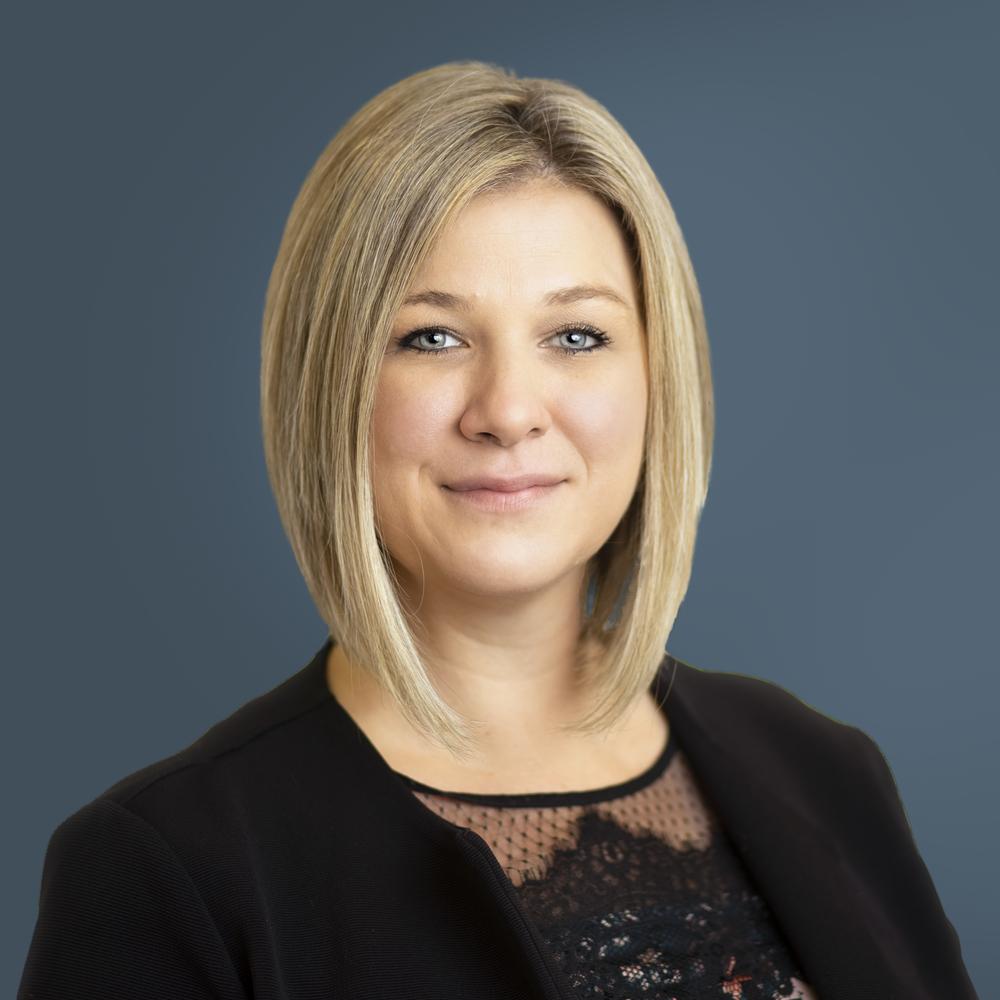When planning for retirement, it’s common to anticipate increased spending in areas like travel and entertainment. However, at Willamette Wealth Partners, we’ve observed that retirement spending predominantly falls into five major categories, with travel being just one of them.
1. Healthcare Costs
Healthcare is a significant expense for retirees, especially those retiring before According to the Wall Street Journal, “leaving work four years before starting Medicare can drain $100,000 or more from retirement savings.” Even post-65, Medicare does not fully alleviate the financial burden. On average, Medicare only covers about 80% of approved expenses, after the deductible has been met. Preparing for these expenses is crucial, as out-of-pocket costs for Medicare Part B and D premiums, along with dental, vision, and long-term care (which are NOT covered), can significantly impact savings.
Strategies for Managing Healthcare Costs:
- Before retirement, opt for a high-deductible health plan and maximize contributions to a Health Savings Account (HSA), which gives savers a tax deduction upon contributing to the account, defers taxes on any earnings in the account, and allows for tax-free withdrawals to cover medical
- In retirement, review your Medicare coverage and any gaps that may be filled with the right plans.
2. Taxes
Contrary to common belief, taxes can remain a considerable expense in Large pre-tax retirement accounts like 401(k)s and IRAs can lead to high tax liabilities. Proactive tax planning, including diversification* between pre-tax and Roth contributions, can mitigate future tax burdens.
Strategies for Tax Planning:
- Balance contributions between pre-tax and Roth
- Utilize Roth conversions to lower lifetime tax
- Employ strategic withdrawal planning to minimize tax
3. Travel
Travel often features prominently in retirement plans. Costs can vary widely, so planning and saving for travel expenses are essential.
Planning for Travel Expenses:
- Outline desired travel destinations and estimate costs in today’s
- Calculate yearly travel budgets, accounting for inflation, to determine necessary savings.
4. Home Maintenance
Home maintenance can become a major expense, especially as deferred maintenance comes due in Planning for both regular upkeep and potential renovations is vital to avoid financial strain.
5. Supporting Children and Grandchildren
For many, retirement spending includes financial support for children or grandchildren, whether for education, gifts, or shared
Planning for Family Support:
- Assess the financial impact of supporting family members to ensure it doesn’t compromise retirement security.
At Willamette Wealth Partners, we employ advanced planning tools to help clients prepare for these expenses, ensuring a financially secure and fulfilling retirement. If you think you might have questions about these retirement expenses for yourself and your own family. We’d love to meet.
Contact us today to explore how we can support you in achieving a retirement filled with joy, security, and fulfillment. Together, let’s turn your retirement dreams into reality.
By Adam Coughlin written in collaboration with Lexicon Advisor Marketing




